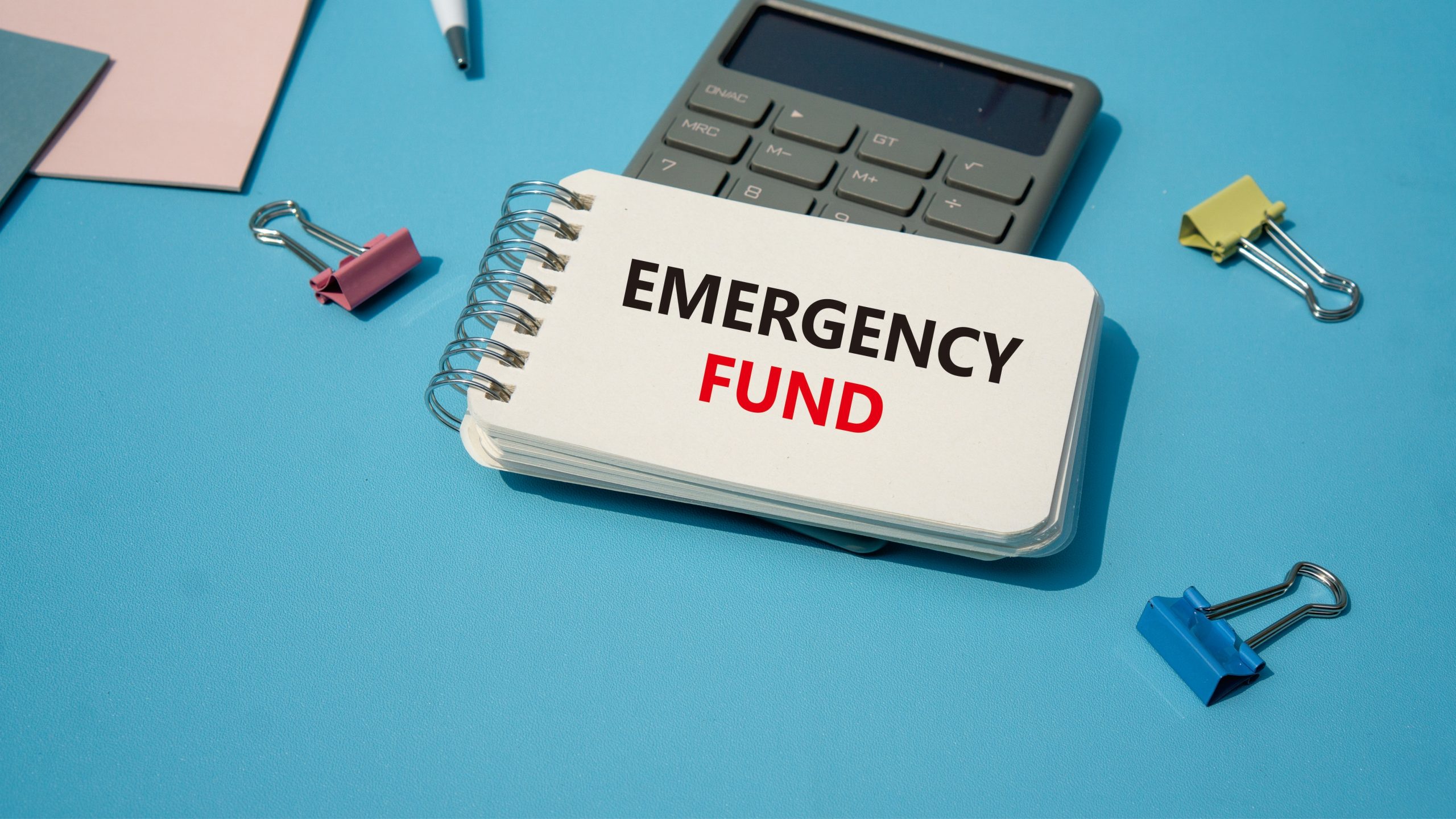As people enter their senior years, financial stability becomes more important than ever. Unexpected expenses can arise at any time, from medical bills to home repairs, and having a financial safety net in place is crucial. That’s where an emergency fund comes in. An emergency fund is a dedicated amount of money set aside to cover unforeseen costs, and it can provide seniors with peace of mind and greater financial security. Here’s why having an emergency fund is vital for seniors and how to build one effectively.
1. Managing Health Care Costs
Healthcare expenses often increase with age, and while Medicare or private insurance may cover a portion of those costs, out-of-pocket expenses can still be significant. Copays, deductibles, prescription medications, and specialized treatments can add up quickly. In some cases, seniors may also require long-term care or rehabilitation, which can be expensive.
An emergency fund can act as a financial buffer to help manage these unexpected medical expenses without dipping into retirement savings or investments. Having this extra cash available ensures that seniors can access the care they need without financial stress.
Tip: To estimate how much to allocate for medical emergencies, review past healthcare expenses and consider adding a cushion for future inflation or potential health concerns.
2. Handling Home Repairs and Maintenance
Many seniors prefer to age in place, staying in their own homes rather than moving to assisted living facilities. However, owning a home comes with ongoing responsibilities, including repairs and maintenance. From roof leaks to HVAC system breakdowns, home repairs can arise at any time and often come with a hefty price tag.
An emergency fund allows seniors to handle these unexpected home expenses without needing to take out loans or rely on credit cards. By having money set aside specifically for emergencies, seniors can maintain their homes and ensure a safe, comfortable living environment.
Tip: Set aside enough money to cover several major home repairs. Start with the cost of replacing large-ticket items like appliances, roofing, or plumbing systems.
3. Protecting Against Market Volatility
For many seniors, retirement income comes from a combination of pensions, Social Security, and investment portfolios. While these sources of income provide stability, market fluctuations can impact the value of investments, making retirement savings vulnerable to downturns.
Having an emergency fund in place means that seniors won’t need to sell investments during a market downturn to cover unexpected expenses. Instead, they can draw from their emergency fund and allow their investments to recover over time. This financial cushion helps protect long-term retirement savings and avoids locking in losses during difficult economic periods.
Tip: Keep your emergency fund in a liquid account, such as a high-yield savings account or money market account, so you can access the funds quickly without penalties or delays.
4. Maintaining Independence and Security
Financial independence is a key concern for many seniors. An emergency fund provides seniors with the financial flexibility to handle unexpected situations without having to rely on family members, friends, or borrowing. This sense of independence is not only empowering but also helps reduce the burden on loved ones.
Moreover, an emergency fund adds a layer of financial security, ensuring that seniors have the resources they need to navigate life’s uncertainties with confidence. Whether it’s covering the cost of a new prescription, a sudden move, or a family emergency, having access to emergency funds can help seniors respond to challenges without worry.
Tip: Aim to save at least 3 to 6 months’ worth of living expenses in your emergency fund to cover a wide range of possible financial needs.
5. How to Build an Emergency Fund
Building an emergency fund may seem daunting, especially for those on a fixed income, but even small contributions can add up over time. Here’s how to get started:
- Set a realistic goal: Determine how much you need to cover basic expenses such as housing, food, utilities, and healthcare for a few months.
- Automate savings: If possible, set up automatic transfers from your retirement income or pension into a separate emergency fund account.
- Reduce discretionary spending: Review your budget and look for areas where you can cut back, such as dining out or entertainment, and funnel those savings into your emergency fund.
- Use windfalls: If you receive a tax refund, inheritance, or other unexpected income, consider adding it to your emergency fund rather than spending it immediately.
Tip: Even if you can only save a small amount each month, consistent saving will help you build a fund that can cover essential needs in the future.
